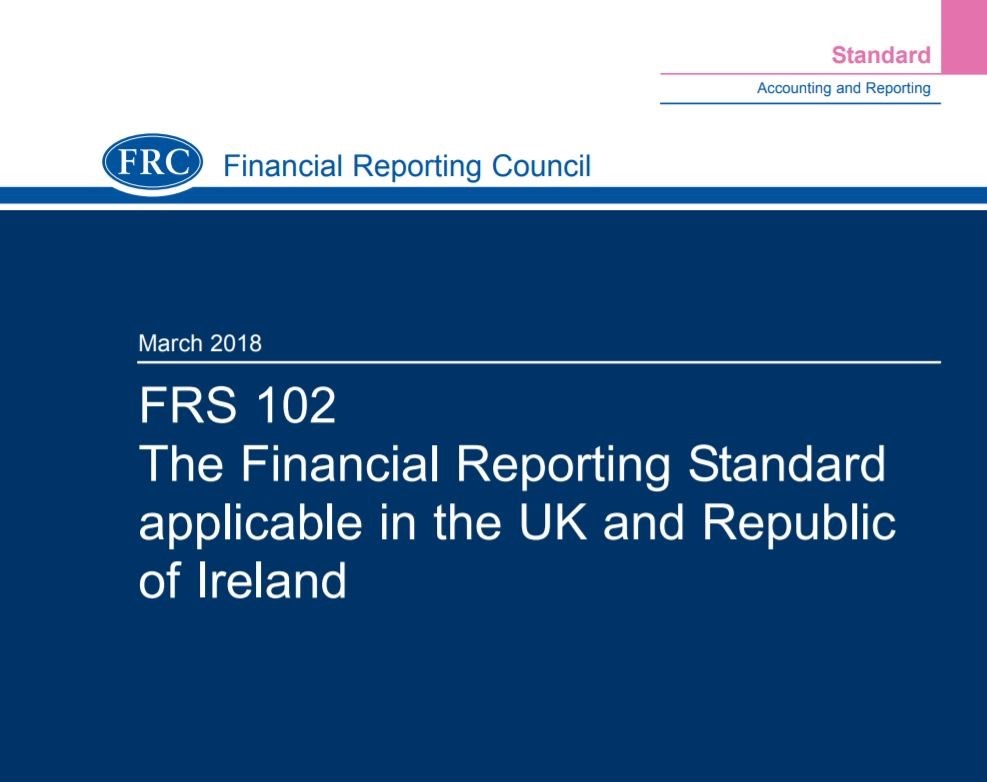
by John McCarthy Consulting Ltd. | Apr 29, 2019 | Blog, News
The Statutory Duty Confirmation, prepared by the auditor, must be filed with the Central Bank within two months of the intermediary’s financial year end. True or False?
Well the answer is ‘False’.
The audit of insurance brokers is a quite onerous assignment as such entities are treated as ‘large’ companies, no matter what their actual turnover, under the Companies Act, 2014.
So to sort out your ‘HPR’ (that’s the Central Bank Handbook of Prudential Regulation) from your M46 (the Statutory Duty Reporting guidance from the CAI), go see our online webinar on the Audit of Insurance Brokers where you may download the slides and support materials, all for just €45. On successful completion, receive a CPD certificate for your newly acquired knowledge. Well done!
The webinar, which may be viewed anytime for up to a year from date of purchase, covers the following areas:
- Planning the Audit;
- Premium Handling;
- Auditor’s duties;
- Regulatory requirements;
- Executing the Audit;
- Central Bank Requirements and M46;
- Auditor’s duties;
- Reporting; and
- Concluding the audit.
There are 18 other webinars on various topics – also for €45 each, or you may purchase two at the same time for €80 or five for €190.
All our webinars are accessible at any time (for 12 months from date of purchase) here.
We have also prepared, ready to use, audit engagement and representation letter templates (in Word format) for an insurance broker assignment, available to purchase online (bulk purchases of 5 or more templates attract a 20% discount), please click on the relevant links.

by John McCarthy Consulting Ltd. | Apr 15, 2019 | Blog, News
Impairment of inventories is dealt with differently from the impairment of other assets within the scope of FRS 102.27. True or False?
Well the answer is ‘True’.
For more knowledge and further challenging quiz questions and go see our online webinar on Accounting for Impairments, and download the slides and support materials, all for just €45. On successful completion, receive a CPD certificate for your newly acquired knowledge. Well done!
The webinar deals with the following areas:
- Inventories and impairment;
- Overview of principles – other assets, besides inventories;
- Impairment triggers;
- Impairment testing: when and how?
- Testing Goodwill for impairment;
- PBE- assets held for service potential;
- Recognising an impairment loss;
- Reversing an impairment loss;
- Disclosures for non-small entities; and
- Small entities – Section 1A disclosures
There are 18 other webinars on various topics – also for €45 each, or you may purchase two at the same time for €80 or 5 for €190.
All our webinars are accessible at any time (for 12 months from date of purchase) here.
We have also prepared, ready to use, audit exemption engagement and representation letters (in Word format) available to purchase online (bulk purchases of 5 or more templates attract a 20% discount), please click on the relevant links:

by John McCarthy Consulting Ltd. | Apr 15, 2019 | Blog, News
FRS 102.29 permits entities to discount the cash flow impact of deferred taxation as the liability to pay may not arise for many years into the future. True or False?
Well the answer is ‘False’. The amortisation of deferred tax is not permitted under FRS 102 (‘an entity shall not discount current or deferred tax assets and liabilities’ FRS 102.29.17).
For other challenging quiz questions, go see our online webinar on Accounting for Deferred Tax, and download the slides and support materials, all for just €45. On successful completion, receive a CPD certificate for your newly acquired knowledge. Well done!
The online webinar deals with the following areas of deferred tax (DT) accounting:
- The basic requirements of FRS 102.19 – the five main areas where DT provisions arise;
- Revaluations and how they trigger DT provisions;
- Share-based payments that cause DT provisions;
- Groups;
- Undistributed profits;
- Defined benefit schemes;
- Deferred Tax Assets;
- Disclosures;
There are 18 other webinars on various topics – also for €45 each, or you may purchase two at the same time for €80 or 5 for €190.
All our webinars are accessible at any time (for 12 months from date of purchase) here.
Last week’s blog on Audit Exemption proved very popular and in case you missed it, here is the link to the relevant webinar again. Corresponding with the Audit Exemption webinar, we have prepared, ready to use, audit exemption engagement and representation letters (in Word format) available to purchase online (bulk purchases of 5 or more templates attract a 20% discount), please click on the relevant links:

by John McCarthy Consulting Ltd. | Apr 7, 2019 | Blog, News
Is the following statement True or False? The exemption thresholds for audit exemption changed with effect from 21 September 2018 when the Companies (Statutory Audits) Act, 2018 came into effect.
In our webinar entitled ‘Audit Exemption – What are the New Rules?’, we cover the main changes brought about since the advent of the Companies Act, 2014 including:
- The new thresholds for ‘small’ companies and certain ‘small’ groups
- Changes since 21 September 2018?
- Miscellaneous Technical Statement 41 on compilation assignments
- Engagement/representation letters – suitable audit exemption templates available on our website here
- Procedures and Planning
- Accountant’s report
- Resignation issues and voluntary audit
For the answer to the quiz question above and other similar questions on the Audit Exemption, go to our website and download the webinar on this topic for just €45. On successful completion, receive a CPD certificate for your newly acquired knowledge. Well done!
There are 18 other webinars on various topics – also for €45 each, or you may purchase two at the same time for €80 or 5 for €190.
All our webinars are accessible at any time (for 12 months from date of purchase) here.
For the following, ready to use, audit exemption engagement and representation letters (in Word) available to purchase online (bulk purchases of 5 or ore templates attract a 20% discount), please click on the relevant links:

by John McCarthy Consulting Ltd. | Apr 7, 2019 | News
Charity audits are high risk, as has been shown in the recent news story about the disciplinary action against the auditors to the former charity Console.
Auditors have always been expected to have relevant knowledge corresponding to the task in hand and it’s important to have a clear understanding of the key risks involved in auditing a charity, especially because various donor agencies such as the HSE, Tusla and Pobal, to name just a few, have high expectations of what auditors can deliver.
One of the criticisms in the 2017 CRA report on Ataxia Ireland was that it ‘did not set formal objectives for the CEO and/or perform a documented appraisal of the CEO’s performance.
One of the webinars on our site helps auditors to gather their thoughts and plan an effective audit, pinpointing the likely areas of risk including:
- Cut-off
- Fraud
- Failure to report related party transactions
- Incomplete income due to failure to invoice for services rendered or records invoice issued
- Non-receipt of income due from funder
- Misapplication of restricted funds
For the answer to this and other questions on the Audit of Charities, go to our website and download the webinar on this topic for just €45. On successful completion, receive a CPD certificate for your newly acquired knowledge. Well done!
There is an accompanying webinar on the Accounting for Charities – also for €45, or you may purchase the two at the same time for €80.
All our webinars are accessible at any time (for 12 months from date of purchase) here.
For the following ready to use charity engagement letters (in Word) available to purchase online (bulk discounts for purchases of 5 or more at the same time) please click on the relevant links:









